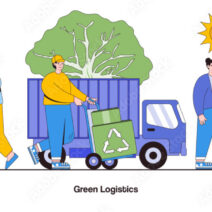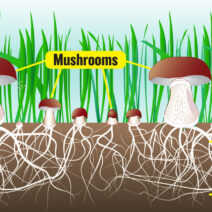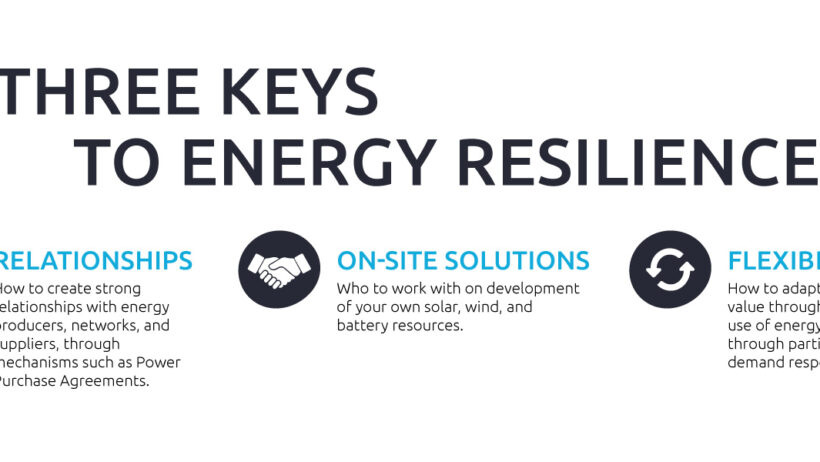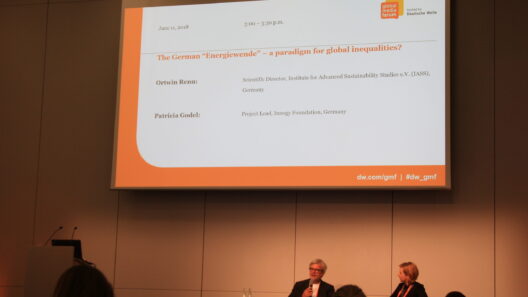Energy conservation is a concept that resonates with a growing number of individuals, organizations, and governments worldwide. While many may perceive it merely as a buzzword in the realm of sustainability, it dictates a critical imperative for the future of our planet. Understanding what energy conservation truly entails is paramount for fostering a culture of sustainability and innovation.
At its core, energy conservation involves the judicious reduction of energy consumption through various practices, technologies, and behaviors. It seeks to optimize the use of energy resources, thereby extending their life span and minimizing environmental impact. This notion transcends simple frugality; it embodies a fundamental shift toward recognizing that every joule saved contributes to a larger mosaic of ecological well-being.
Historically, energy conservation emerged from a backdrop of rising energy costs and environmental degradation. The oil crises of the 1970s were pivotal in spotlighting the necessity for a more sustainable approach to energy consumption. This awareness developed alongside burgeoning scientific evidence about the link between fossil fuel consumption and climate change, prompting a societal reevaluation of how energy is utilized.
The rationale behind energy conservation extends beyond the immediate benefits of cost savings. Indeed, preserving energy yields a cascade of secondary advantages. For instance, less energy consumption leads to reduced greenhouse gas emissions, which play a significant role in climate change. This trend accentuates a nuanced observation—individual actions, albeit small, aggregate into collective efforts that can drive substantive change.
Furthermore, energy conservation can mitigate the depletion of finite resources. With fossil fuels such as coal, oil, and natural gas poised for eventual decline, the quest for alternative energy sources becomes increasingly imperative. By curtailing energy use today, we can alleviate the urgency to exhaust these resources and promote a transition toward renewable solutions such as solar, wind, and hydroelectric power.
Another fascinating layer of energy conservation is its socio-economic dimension. Energy inefficiency disproportionately affects marginalized communities, where financial limitations leave less room for energy expenditure. Instituting energy conservation measures, therefore, not only promotes environmental justice but also enhances socio-economic stratification by potentially reducing energy bills and increasing disposable income.
Residual effects of implementing energy conservation include technological advancements and innovation. The urgency of energy preservation has fueled an avalanche of research and development geared toward more efficient appliances, transportation methods, and building materials. For instance, the advent of smart home technology, which allows for the real-time monitoring of energy usage, exemplifies how conservation ethos can precipitate innovation in personal and commercial infrastructures.
On an individual level, energy conservation manifests through a variety of practices. Simple acts, such as turning off lights when leaving a room or utilizing public transport, can reduce overall energy demand. More significant changes, like investing in high-efficiency appliances or integrating renewable energy solutions into a home, further amplify these efforts. It underscores the profound truth that energy conservation is both a collective and an individual responsibility—a shared ethos that necessitates the involvement of every member of society.
Education is intrinsic to the advancement of energy conservation initiatives. Raising awareness about energy-saving practices cultivates a greener mindset among future generations. Schools, community programs, and public outreach can significantly influence behaviors and values surrounding energy use. By embedding conservation principles into educational curricula, we can engender a population that values sustainability as a norm rather than an exception.
Legislation also plays a pivotal role in the promotion of energy conservation. Government-imposed regulations and incentives can expedite the adoption of energy-efficient technologies. Measures such as tax credits for renewable energy installations, stricter energy efficiency standards for appliances, and financial support for retrofitting older buildings proliferate the implementation of conservation strategies.
In conclusion, energy conservation is not merely a trend, but rather a profound societal necessity that intersects with environmental health, economic viability, and social equity. Acknowledging the pervasive implications of how we consume energy invites a more profound contemplation of our daily actions, integrating them into a larger narrative of sustainability. The implications of these practices resonate with future generations, as every small effort contributes to monumental ramifications for the planet, emphasizing the interconnectedness of all beings with their environment. Adopting a conscientious approach to energy consumption not only cultivates a healthier planet for future inhabitants but also reinforces our collective commitment to preserving the delicate ecosystems that sustain life.








